During a checkup with his primary care doctor, Michael Healy found out his pulse was elevated and his heartbeat irregular. Further testing led to a diagnosis of atrial fibrillation. This condition, also known as Afib, causes the upper chambers of the heart (the atria) to beat irregularly.
Because he was otherwise healthy and active, Michael was surprised to find out his Afib had caused him to develop severe cardiomyopathy. He was facing heart failure that was rather advanced.
He began a course of medication, but his condition didn’t respond. Even though he was able to tolerate high doses, drugs weren’t helping.
About that time, Michael and his wife got a flyer about the heart institute at Adventist Health St. Helena in northern California. His wife attended their symposium and came away excited about the possibilities.
Because the Healys are located in Medford, Oregon, the team in St. Helena recommended they work with Northwest Regional Heart & Vascular at their sister hospital, Adventist Health Portland. The Healys were happy for the referral to a more familiar location with family nearby.
Michael was immediately impressed. “I’m a pharmacist with the VA, so I’m very familiar with health care,” he says. “I have pretty high expectations, and there wasn’t a moment from the first phone call that didn’t exceed them.”
Dr. Thomas Molloy, Northwest Regional Heart & Vascular heart surgeon, talked with Michael and suggested they try nonsurgical options first. Dr. Molloy connected Michael with Dr. Brian Moyers, an electrophysiologist also with Northwest Regional. “Dr. Moyers was kind and caring, really personal,” Michael says.
They began with electrical cardioversion therapy. This procedure uses a high-energy shock to attempt to restore a normal heart rhythm. In Michael’s case, the effect lasted less than a day, so he and Dr. Moyers agreed to try another option.
Dr. Moyers performed an extensive cardiac ablation using thin tubes threaded through Michael’s blood vessels to the heart. The procedure created tiny scars to block the incorrect electrical signals causing Michael’s Afib.
“Dr. Moyers did everything he could, and the procedure went well, but the Afib returned within three days,” Michael explains. He was facing a bad outlook, and there was little optimism he would live a long life with his low heart efficiency.
“I always lived my life in a very active way and was able to be out and active. I’ve coached high school football,” Michael says. “To have some inclination that wasn’t going to be an option going forward was really disheartening.”
The team at Northwest Regional respected Michael’s lifestyle and goals. With Dr. Molloy, Michael and his wife agreed surgery was the next step. With Michael’s atria already enlarged, Dr. Molloy was honest about the odds of success.
Dr. Molloy also suggested how they could lower any risks. “I didn’t have to worry about anything,” Michael says. “I didn’t have to advocate for myself. I always felt like they put me first. There wasn’t one time they weren’t ahead of me.”
Michael came out of surgery with an external pacemaker. At first, his heart rhythm was slow and undependable. Michael stayed in the Adventist Health Portland hospital for four days, followed by a weekend in a local hotel the Northwest Regional team helped arrange. His heart was picking up a bit, so after a checkup he was able to return to Medford.
Local cardiologists were booked solid, so Michael’s primary care doctor worked closely with the Northwest Regional Heart & Vascular team to provide extensive follow-up care remotely. Over time, Michael’s heart continued to improve. Soon his heart was doing so well, plans to implant a pacemaker became unnecessary.
Four months after his surgery, Michael had no restrictions and was able to switch to a less toxic medication. His cardiac team continues to monitor his progress with regular EKGs. They also have plans in place to quickly address any future issues.
“It may seem frightening to take a trip to have a procedure or find someone who’s more qualified,” Michael admits. “The Northwest Regional team made travel barrier-free. It was always patient first, all the way from check-in to being directed around the hospital. It was a lot better to travel than to feel frustrated trying to get care locally.”
Michael has clear advice for others, regardless of how they’re feeling: “Go see your doctor every year and get basic bloodwork and check your blood pressure and heart regularly.”
To his team at Northwest Regional Heart & Vascular, Michael says, “I’m so glad you’re available to do these things that have made a huge impact on my future.”

